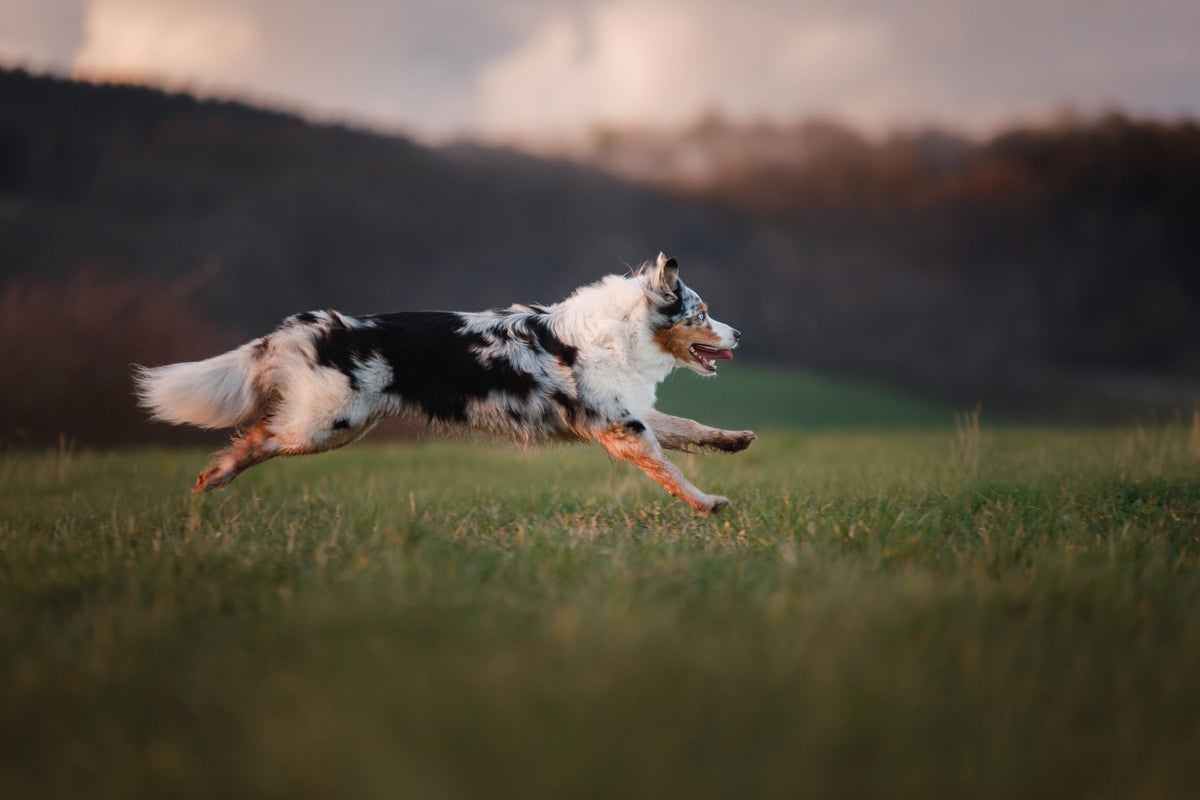
The Role of Protein in Your Pet’s Diet: Building Blocks of Health and Vitality
|
|
Time to read 4 min
|
|
Time to read 4 min
When it comes to ensuring a long, energetic, and happy life for your pet, protein plays one of the most crucial roles. Whether you’re shopping for healthy dog food in India or healthy cat food in India, understanding how protein supports your furry companion’s growth, energy, and well-being can make all the difference.
In this blog, we’ll explore why protein is essential, how it benefits your pet, the right sources, and how to choose a protein-rich diet tailored to your pet’s needs.
Protein is often called the building block of life—and for good reason. It’s made up of amino acids that are vital for:
Building and repairing tissues
Supporting muscle development
Aiding in hormone and enzyme production
Maintaining a healthy immune system
For dogs and cats, protein isn’t just a nutrient—it’s a fuel source and a foundation for vitality. While fats and carbohydrates provide energy, protein supports the body’s structure and function at a cellular level.
Unlike humans, pets—especially cats—rely heavily on protein for survival. That’s why choosing the right food with quality protein sources is critical when looking for healthy dog food in India or healthy cat food in India.
Proteins are made up of 20 different amino acids, out of which 10 are essential for dogs and 11 for cats.
These are called “essential” because your pet’s body cannot produce them on its own—they must come from food.
Arginine
Histidine
Isoleucine
Leucine
Lysine
Methionine
Phenylalanine
Threonine
Tryptophan
Valine
Taurine
Taurine is particularly important for cats—it supports vision, heart function, and reproduction. A deficiency can lead to blindness or heart disease, which is why cat food must contain adequate taurine levels. When shopping for healthy cat food in India, make sure taurine is listed as a key nutrient.
Protein provides not just structure but also sustained energy. Active dogs—especially working breeds or playful puppies—require a steady supply of protein to:
Rebuild worn-out muscle tissue
Support endurance
Maintain coat and skin health
Strengthen immune defense
Without enough protein, dogs can suffer from muscle loss, dull coats, and low energy.
Cats are obligate carnivores, which means they need animal protein to thrive. Protein fuels nearly every function in a cat’s body—from maintaining lean muscle mass to synthesizing important enzymes and antibodies.
If your cat doesn’t get enough protein, it may experience lethargy, muscle wasting, and weakened immunity. So, protein-rich meals are a must for healthy cat food in India.
Protein needs vary depending on your pet’s:
Age (puppy/kitten vs. adult vs. senior)
Activity level
Breed size
Overall health condition
Puppies: 22–32% protein in diet
Adult Dogs: 18–25% protein
Highly Active or Working Dogs: Up to 30% protein
Kittens: 30–35% protein
Adult Cats: 25–30% protein
Senior Cats: 30% (to maintain lean muscle mass)
However, it’s not just about quantity—quality of protein matters more. Animal-based proteins (like chicken, fish, eggs, or lamb) are more digestible and complete in amino acids than plant-based sources.
Chicken: Lean, digestible, and rich in essential amino acids
Fish: Excellent for omega-3 fatty acids and coat health
Eggs: Highly bioavailable protein source
Lamb or Turkey: Ideal for pets with sensitivities to chicken
Organ Meats (Liver, Heart): Nutrient-dense, adds natural flavor and minerals
Peas
Lentils
Sweet potatoes
Soy (in limited, digestible forms)
While plant proteins help balance the recipe, they should not replace animal proteins entirely—especially for cats.
If your pet isn’t getting enough protein, their body will show it in various ways. Look out for:
Loss of muscle tone
Dull or shedding coat
Low energy or fatigue
Poor growth in puppies/kittens
Frequent illness or slow recovery
A long-term protein deficiency can lead to severe immune problems and organ damage. Always consult your vet if you suspect such signs.
In most healthy pets, excess protein isn’t a problem because the body efficiently breaks down and eliminates surplus amounts. However, in pets with kidney or liver disease, too much protein can worsen their condition.
Therefore, if your pet has a diagnosed medical issue, always follow your veterinarian’s advice on protein intake.
When shopping for healthy dog food in India or healthy cat food in India, don’t just look at the front label. Flip the pack and read the ingredient list and nutritional analysis.
✅ Named animal protein as the first ingredient (e.g., “chicken,” not “meat meal”)
✅ Minimum crude protein of 18–25% for dogs, 25–30% for cats
✅ Balanced mix of fats, carbohydrates, vitamins, and minerals
✅ No artificial fillers, preservatives, or meat by-products
✅ Clearly mentioned taurine for cat food
Brands that follow AAFCO (Association of American Feed Control Officials) or FEDIAF guidelines ensure your pet gets balanced, scientifically backed nutrition.
Protein plays a critical role across different dietary needs:
High-protein, low-carb diets help maintain lean body mass while reducing fat.
Growing pets need more protein to build bones, muscles, and immune strength.
Easily digestible proteins support muscle retention and help combat age-related weakness.
Working or athletic dogs benefit from high-protein diets to fuel stamina and recovery.
While home-cooked diets can be healthy when done right, they often lack balanced amino acids and micronutrients unless professionally formulated. Commercial healthy dog food in India and healthy cat food in India brands are typically formulated by pet nutritionists to meet all nutritional standards.
If you prefer homemade meals, consult a vet or a certified pet nutritionist to create a protein-balanced meal plan.
Protein isn’t just a nutrient—it’s a lifeline. It supports your pet’s muscles, coat, immunity, and energy levels while keeping them happy and playful. Choosing the right protein sources and maintaining the correct balance ensures your furry friend gets the best out of every meal.
When selecting healthy dog food in India or healthy cat food in India, remember:
Quality protein equals quality life.
Your pet’s health, strength, and happiness all begin with the right food in their bowl—rich in natural, wholesome protein.